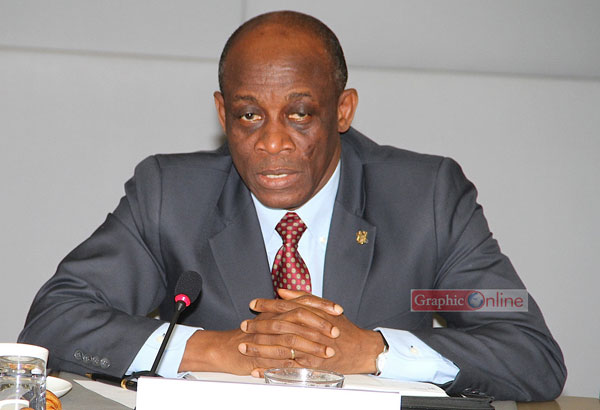
‘Separate loans for self-financing projects from public debt’
A former Minister of Finance, Mr Seth Terkper has said loans that are meant for self-financing projects should not have a sovereign guarantee and should not be added to the public debt.
He
“SSA finance ministers, especially those now with
He said SSA was probably the only region where a country’s debt sustainability analysis was grossed-up absolutely and not calculated within acceptable contingent liability frameworks.
He noted that the approach ignored loan and repayment terms, conditions and structures that should minimise the risk of non-payment or default.
Specific examples
Mr Terkper cited specific examples which included Ghana’s full commodity backed China Development Bank (CDB) gas infrastructure facility.
He said the loan was repaid through debt service reserve and debt service accounts that were fed by ring-fenced crude oil and gas flows.
“A second debt service
Thirdly, the Ministry of Finance uses a Sinking Fund (SF) under the Petroleum Revenue Management Act (PRMA) passed by Parliament to exchange or redeem Ghana’s Sovereign Bonds under a buy-back secondary market plan, he explained.
He said the debt sustainability
Alternative to sovereign guarantees
The former Finance Minister urged
While this move would be fair, he said it would require fiscal discipline on the part of SSA states.
“It is necessary to stop viewing borrowing and debt management as secondary to revenue mobilisation and expenditure plans that only forcefully reduce budget deficits.
First, it leads to poor debt management plans and, makes the loan element of fiscal programs subservient to SSA central bank short-term open market operations (OMO),
Against this background, he said
“
“They must separate these accounts from general budget flows, notably those for recurrent expenditures,” he added.
He also called for the coding and classification for loans and debt service accounts to be properly defined in Charts of Accounts (COA) and public accounts frameworks.
